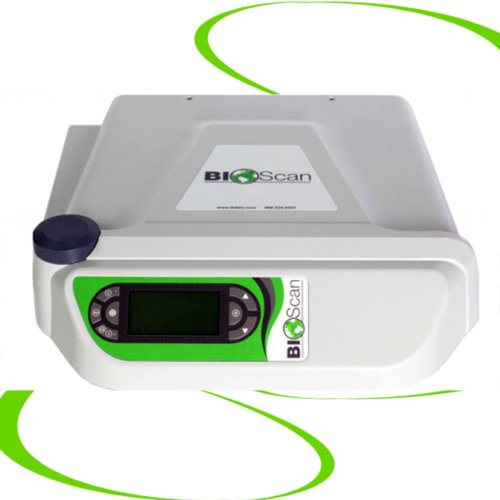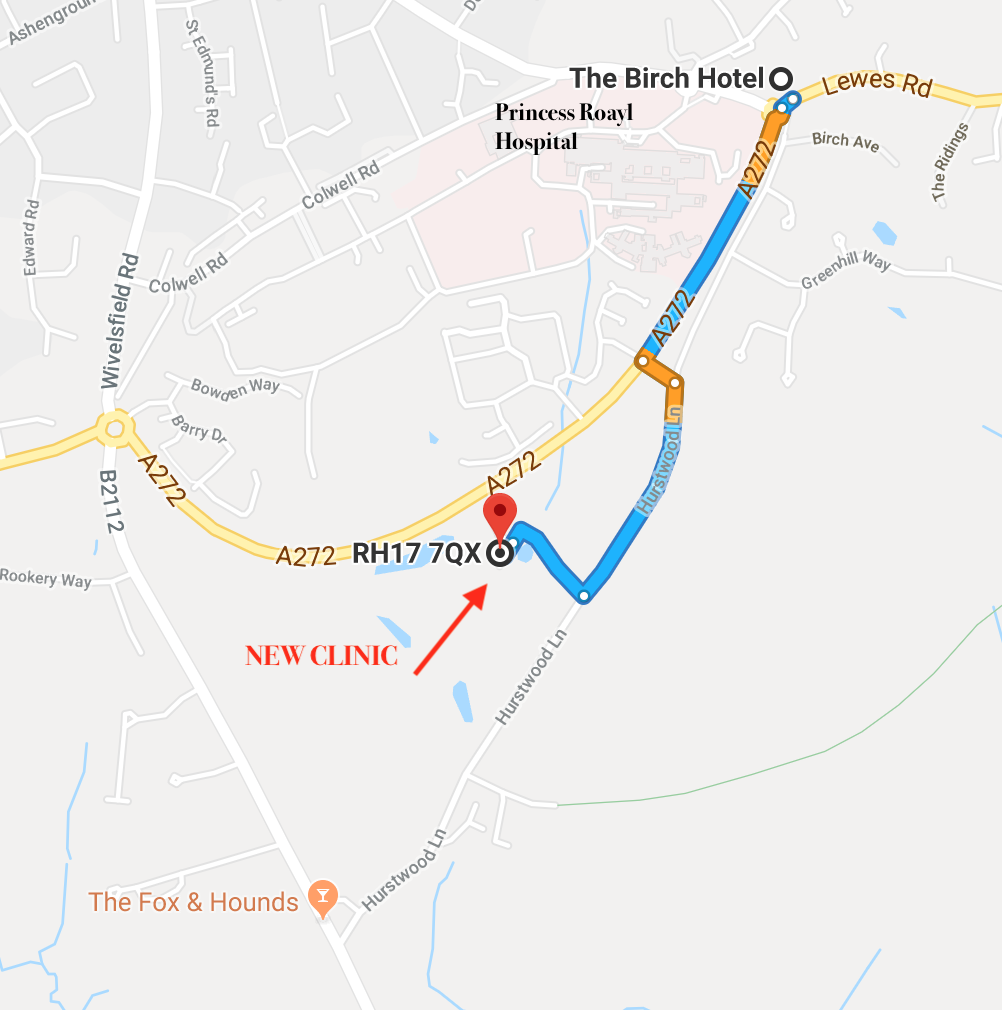Ask your parents or your grandparents and it’s highly likely that they didn’t really know about allergies when they were children, they probably barely knew anyone that had eczema and asthma, let alone food allergies or intolerances. For me this just proves that it has to be modern foods, modern toxins and modern lifestyles that are aggravating so many people and creating these problems. In this article I am mainly looking at food intolerances rather than chemical ones, although there will be a certain amount of cross-over between these two triggers. I am also going to interchange the term “food intolerance” and “food allergy”. Most people will be more familiar with food allergy although I think it is more correct to term it food intolerance. I will cover this distinction now.
Allergies or intolerances
I consider an allergy to be a very immediate response to a food, chemical or allergen (something that causes an allergy). For example the peanut that causes the throat to constrict and the person has to go to A & E or the pollen or dog hair that immediately causes the eyes to stream and nose to itch. These are quick responses by the immune system, usually involving the biological chemical histamine and it is known as an IgE response. There are a number of other response though, such as IgA and IgM, and these are slower to be felt, the reaction coming in hours or even days after the contact with the allergen, which can still be a food. This is actually a fundamental problem with tracking these culprits down as it may have been a food eaten days before that is giving the allergic symptom, i.e. skin rash
A better approach to food intolerances
This is the way I look at food intolerances - that it is not always the fault of the food! This means three things to the suffering; firstly that just avoiding the food will not very often give complete relief and most probably the intolerance will quickly return when the food is eaten again. Secondly, if it is not the food then there must be another cause, this is usually something to do with the physiology of the person, i.e. Poor digestion, and lastly if these two hold true for the person then it means if you correct the health of the person then it might be that they won’t have the intolerance anymore and they may be able to eat the food again. That outcome has to be preferential to avoiding the food for evermore.
Of course there are exceptions to this rule, different people will do better on different foods and genetically each person is an individual whose ancestral roots will predispose them to intolerances and preferences to certain foods. For example, grains such as wheat have been generally available only in the last 10,000 years and so are a relatively new food when compared to how long our bodies have been evolving, some 2.5 million years. This is probably why so many people do have wheat/gluten intolerances, not only are our bodies less well adapted to it but also as a population we just eat too much of it. Saying this, our bodies are very resilient, robust and magnificent and should be able to cope with some wheat/gluten if eaten in moderation.
Avoid the food & fix the person
The approach I use in my clinic is to avoid the offending foods for a period of time, first, of course, you must find out which one is giving the problem. Simultaneously, and this is the important part that is often left out, I try to fix the person. By this I mean get the diet and lifestyle right and then use supplements and remedies to aid digestion, absorption, re-build the gut lining, strengthen the adrenals, cleanse the liver and get the lymphatics moving.
Let’s take a look at a couple of these. Incomplete digestion in the stomach is a very common problem causing food intolerances. If the stomach acid is low, then the food is not broken down to its smallest particles. If at the same time the small intestine is damaged and allows these incompletely digested food particles into the bloodstream then the immune system will launch an attack on the foreign particles (because they have not been digested properly) causing symptoms. Stomach acid might be low for a number of reasons but commonly as we age the acid decreases and very commonly stress is a factor.
When we are stressed our bodies go into the fight or flight mode which redirects all of our body resources to this primitive survival state, for example blood goes to the muscles so we can run and our pupils dilate so we can see more acutely. It is important to realise that the flight or flight mode shuts down digestion after all the body is not interested in digestion when it is running away from danger. So persistent stress is a massive factor in poor digestion as a whole, including food allergies. In this instance, a good digestive enzyme will be invaluable and often is the main intervention needed to bring relief from food intolerances.
The second organ I want to briefly look at is the liver. This will also be closely linked to food intolerances as it is the organ that cleanses our blood of toxins. And considering that a food you may be intolerant to will be treated similarly to a toxin then the liver will be dealing with it. Allergies to chemical toxins such as deodorants, household sprays, pesticides, alcohol, ink or anything along these lines will very much be dependent on a healthy liver to cleanse them from the blood. So if the liver is not detoxifying correctly the amount of a food necessary to cause an intolerance symptom will be less. If it is functioning well then the body may be able to handle more of a food before a reaction occurs, it may even not have the reaction at all if only moderate amounts of that food are consumed with suitable time between. In this way the threshold of the reaction to the food may not be reached.
Finding your allergies
There are a number of ways to find the foods you have a problem with. Your GP will typically use a skin patch test. This measures your IgE response to that food which as I have mentioned is the most immediate type of allergy response. It is possible that this test will return a negative result but you may still have another type of allergy response to the food, such as an IgA or IgM which is a slower response and may be dependent on the quantity of the food you eat or the time between eating it. Also, as this method is done on the skin and reacts with the blood the food actually hasn’t gone through the digestive process. It may mean that a tested food may return as a positive response because your immune system is currently reactive to it, but after correcting the integrity of the gut the immune system calms and the allergic response goes.
Other blood tests are available, which are quite costly and also will only test against a specific type of allergic immune response. Having said this they all can be very worthwhile when they return positive results finding an offending food. I personally use an electro dermal screen instrument called the Avatar. This gives me consistent results and also allows me to investigate deeper than at just the food level. It helps me reveal which organ is most likely playing a role in maintaining the food allergy and is, therefore, the one that needs the most support i.e. stomach, large intestine, small intestine, liver, spleen, adrenals. Once I have determined the likely source of the problem I can support healthy functioning of the body whilst simultaneously removing the intolerant food and replacing with a healthy eating plan, usually found through metabolic typing.
Summary
In summary, finding the offending food and avoiding it is a must. But in my personal opinion, the best way to food allergy relief is to try and simultaneously fix the problem that is causing the food allergy in the first place. If this is possible and is successfully accomplished then there is a chance that the allergy will be permanently corrected and the food can be re-introduced into the diet in a moderate way. This opens the opportunity to be able to socially dine out and know that you don’t have to be absolutely careful about what you eat. I have heard of people having tests that return results of twenty foods they cannot eat! This is absolutely miserable for them, they get down about the diet restrictions and they get hungry too. From my point of view if you are intolerant or allergic to twenty foods then it is absolutely a problem with how the body is processing or responding to the food that needs to be corrected not the fault of the food. So eat a great diet, avoid problem foods and support your body with a supplement protocol specifically designed for you. On top of this drink plenty of water, exercise (but don’t over do it), rest and sleep well, don’t get too stressed and then you may be able to enjoy foods you previously thought you would never eat again.
Christian Bates
Christian Bates has been an osteopath and naturopath for 20 years. He runs an integrative natural health clinic in Haywards Heath, West Sussex called The Perrymount. He can be contacted on 01444 410944 or christian@theperrymount.com.
Blog post | The Perrymount Clinic 01444 410944
Call to book or for more information 01444 410944

Food Intolerance Relief - The Best Way


The Perrymount Clinic
Unit 5
Hurstwood Grange
Hurstwood Lane
Haywards Heath
West Sussex
RH17 7QX
01444 410944
info@theperrymount.com
